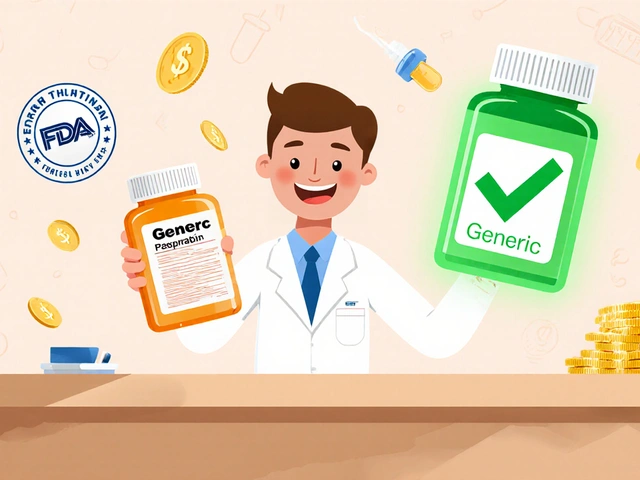Weight Loss Medication: What Works, Risks, and How to Pick the Right One
Looking to shed pounds and wondering if a pill can help? Weight loss medication can boost results, but it’s not a magic bullet. In this guide we break down the main types, how they act in your body, and what you need to know before you start.
Prescription options that actually move the needle
Doctors most often prescribe three classes for obesity:
- Appetite suppressants like phentermine. They hit the brain’s hunger center, making you feel full sooner.
- GLP‑1 receptor agonists such as semaglutide (Wegovy) or liraglutide (Saxenda). These mimic a gut hormone, slowing digestion and curbing cravings.
- Combination drugs like phentermine/topiramate. They pair a stimulant with a seizure medication that also reduces appetite.
All of them require a doctor’s approval, a baseline health check, and ongoing monitoring for side effects like increased heart rate, nausea, or mood changes.
Over‑the‑counter and supplement choices
OTC options include caffeine‑based formulas, green‑tea extracts, and fiber blends. They may help a bit, but the impact is modest compared with prescription drugs. Watch out for hidden stimulants, inaccurate dosing, and claims that sound too good to be true.
Remember: supplements aren’t regulated like medicines, so quality can vary. Look for third‑party testing and read the label for any ingredients that could interact with your regular meds.
Before you grab anything, ask yourself these questions:
- Do you have a clear medical reason (BMI ≥ 30 or ≥ 27 with health issues)?
- Are you ready to pair medication with diet changes and exercise?
- Have you discussed potential side effects with a healthcare professional?
If the answer is yes, you’re on the right track. If you’re unsure, schedule a quick visit with your doctor or a qualified pharmacist. They can run basic labs, review your health history, and match you with a drug that fits your profile.
Weight loss meds work best when you treat them like a tool, not a cure. Keep a food diary, set realistic weekly goals, and stay active. Even a short walk after meals can amplify the medication’s effect.
Common side effects vary by class. Appetite suppressants may cause dry mouth, insomnia, or increased blood pressure. GLP‑1 drugs often lead to mild nausea that fades after a few weeks. If anything feels off, contact your prescriber right away – never stop a drug abruptly without guidance.
Insurance coverage can be a hurdle. Some plans list GLP‑1 drugs under specialty tiers with higher co‑pays. Look into manufacturer coupons, patient assistance programs, or pharmacy discounts to lower out‑of‑pocket costs.
Finally, don’t ignore the long‑term picture. Weight loss medication is most effective when you aim for a sustainable lifestyle change. Losing even 5‑10 % of body weight can improve blood sugar, cholesterol, and joint pain.
Ready to start? Make an appointment, ask about the right medication for you, and set up a realistic plan that includes nutrition, movement, and regular follow‑ups. With the right guide, the right drug, and steady effort, you can reach your goals safely and keep them off for good.
Xenical Weight Loss Guide: Uses, Effects, and Safe Tips
Xenical is a prescription weight loss drug that blocks fat absorption. Discover how it works, real effects, safety tips, and what to expect in daily life.
View More




